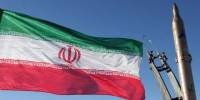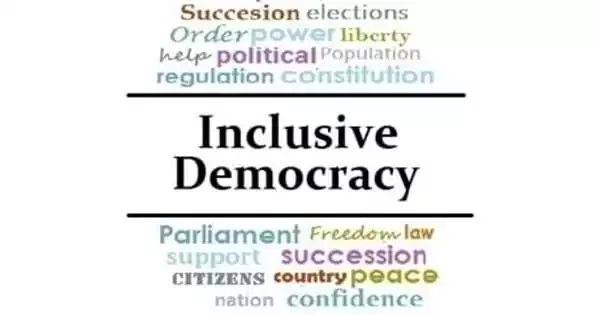Libertarianism is a political philosophy that holds liberty as a core value. Libertarians seek to maximize autonomy and political freedom while minimizing the state’s encroachment on and violations of individual liberties; emphasizing pluralism, cosmopolitanism, cooperation, civil and political rights, bodily autonomy, free association, free trade, freedom of expression, freedom of choice, freedom of movement, individualism, and voluntary association.
Anarcho-capitalism is an anti-statist libertarian political philosophy and economic theory that seeks to abolish centralized states in favor of stateless societies with private property systems enforced by private agencies, the non-aggression principle, free markets, and the right-libertarian interpretation of self-ownership, which extends the concept to include control of private property as part of the self.
Anarcho-capitalism is an individualist political philosophy that advocates for competitors in a free market to provide all goods and services, including law enforcement, courts, and national defense. Anarcho-capitalists advocate for a society based on voluntary exchange of private property and services to maximize individual liberty and prosperity, but they also acknowledge charity and communal arrangements as part of the same voluntary ethic.
Though anarcho-capitalists are known for claiming the right to private property, common property can exist in an anarcho-capitalist society as well. What matters to them is how property was obtained and transferred; they believe that the only just way to obtain property is through voluntary trade, gift, or labor-based original appropriation, rather than through aggression or fraud.
Anarcho-capitalists believe that in the absence of statute, society tends to contractually self-regulate and civilize through participation in the free market, which they refer to as a voluntary society. The system of private property would still exist in a theoretical anarcho-capitalist society, and it would be enforced by private defense agencies and/or insurance companies chosen by customers, which would operate competitively in a market and fulfill the roles of courts and police.
According to its supporters, various historical theorists have advocated philosophies similar to anarcho-capitalism, but Murray Rothbard was the first to use the term anarcho-capitalism in the 1940s. Rothbard combined elements of the Austrian School, classical liberalism, and 19th-century American individualist anarchists and mutualists Lysander Spooner and Benjamin Tucker, while rejecting their labor theory of value and the anti-capitalist and socialist norms it spawned.
Rothbard’s anarcho-capitalist society would be governed by a mutually agreed-upon “legal code that would be widely accepted, and which the courts would pledge themselves to follow.” In accordance with the non-aggression principle, this legal code would recognize contracts, private property, self-ownership, and tort law.
Anarcho-capitalism opposes the state because it believes that it is an aggressive entity that steals property (via taxation and expropriation), initiates physical force, uses coercive powers to benefit some businesses and individuals at the expense of others, creates monopolies, and restricts trade. This embrace of unfettered capitalism causes significant conflict between anarcho-capitalists and anarchists who believe capitalism is inherently authoritarian and thus incompatible with anarchism.
AngloSaxon England, the Free cities of medieval Europe, Medieval Iceland, the American Old West, Gaelic Ireland, Somalia from 1991 to 2006, and law merchant, admiralty law, and early common law are all cited by anarcho-capitalists and right-libertarians as examples of anarcho-capitalism.
















